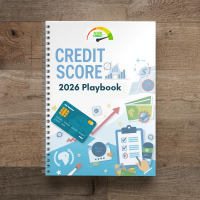Most negative items can stay on your credit report for seven years from the date of the last activity on the account. Bankruptcies or judgments can remain on the report for 10 years. If your credit card account was a positive item (you paid on time and closed the account with a zero balance), it can remain on your report indefinitely.
If the item is negative and it is still on your report, it may be that you have made a payment on the account, told the collection agency that you do still owe the money, or it is a mistake. There are things you can do to extend the seven years something remains on your credit report. Making payments and, in some cases discussing the debt with the collector, can extend that time.
If it is a mistake, dispute the error through the credit reporting agency that provided you with the report.




